6 Dow Stocks With Yields of 4%+
Some high-yield Dow dividend stocks deserve a closer look, analysts say, but others aren't worth the trouble.

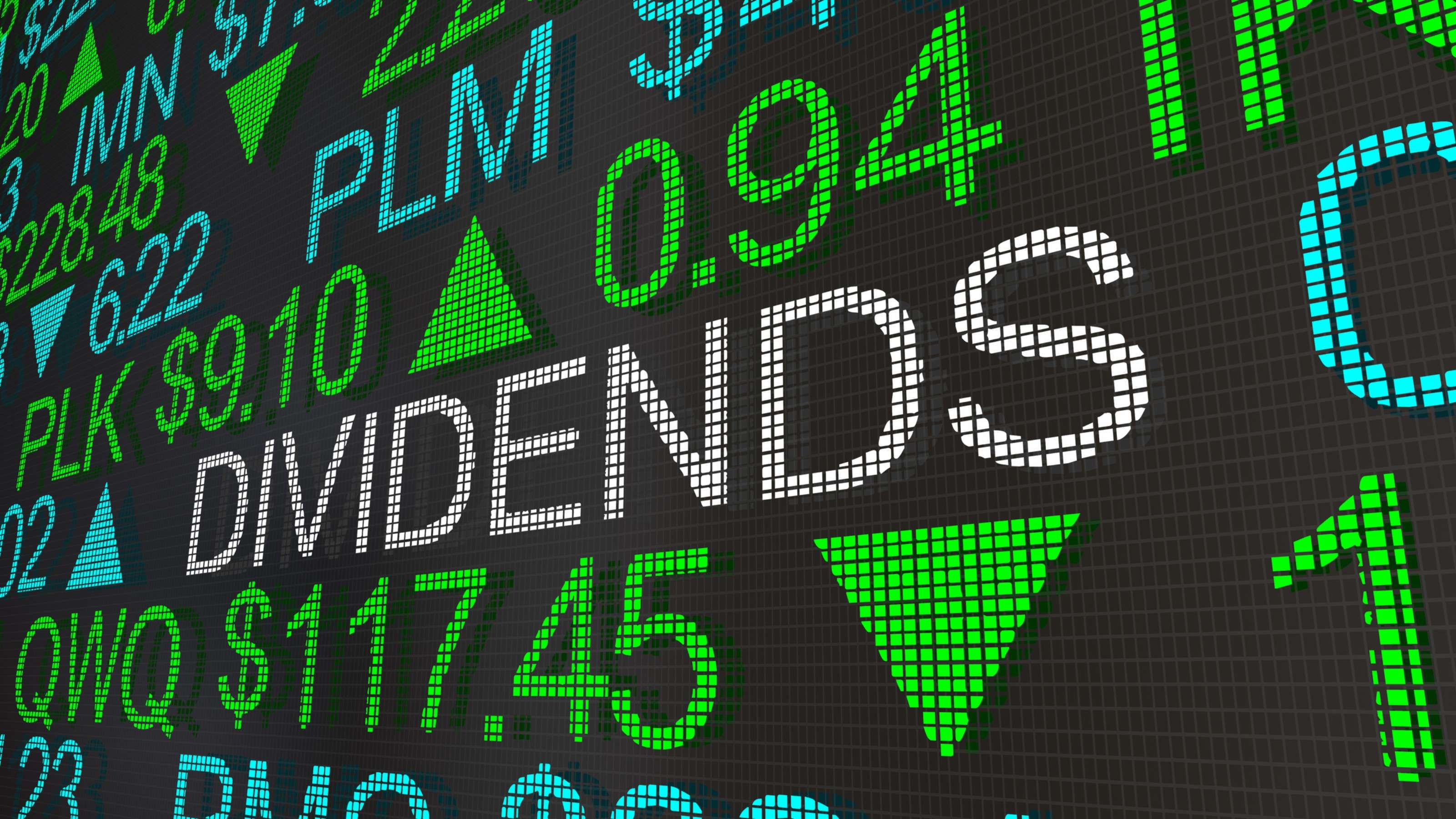
Profit and prosper with the best of Kiplinger's advice on investing, taxes, retirement, personal finance and much more. Delivered daily. Enter your email in the box and click Sign Me Up.
You are now subscribed
Your newsletter sign-up was successful
Want to add more newsletters?

Delivered daily
Kiplinger Today
Profit and prosper with the best of Kiplinger's advice on investing, taxes, retirement, personal finance and much more delivered daily. Smart money moves start here.

Sent five days a week
Kiplinger A Step Ahead
Get practical help to make better financial decisions in your everyday life, from spending to savings on top deals.

Delivered daily
Kiplinger Closing Bell
Get today's biggest financial and investing headlines delivered to your inbox every day the U.S. stock market is open.

Sent twice a week
Kiplinger Adviser Intel
Financial pros across the country share best practices and fresh tactics to preserve and grow your wealth.

Delivered weekly
Kiplinger Tax Tips
Trim your federal and state tax bills with practical tax-planning and tax-cutting strategies.

Sent twice a week
Kiplinger Retirement Tips
Your twice-a-week guide to planning and enjoying a financially secure and richly rewarding retirement

Sent bimonthly.
Kiplinger Adviser Angle
Insights for advisers, wealth managers and other financial professionals.

Sent twice a week
Kiplinger Investing Weekly
Your twice-a-week roundup of promising stocks, funds, companies and industries you should consider, ones you should avoid, and why.

Sent weekly for six weeks
Kiplinger Invest for Retirement
Your step-by-step six-part series on how to invest for retirement, from devising a successful strategy to exactly which investments to choose.
Experienced dividend investors know that sometimes a high yield is a red flag. That's because a stock's dividend yield rises when its share price falls. A fat dividend yield won't do much good if the stock continues to tumble because the company behind it is in trouble.
Although the S&P 500 is essentially back at levels where it started the year, the Dow Jones Industrial Average still has some catching up to do. The elite bastion of 30 blue-chip stocks is off more than 6% for the year-to-date, and a number of Dow stocks have lost more than 20% so far in 2020. Indeed, four components have lost in excess of 30%.
As a result, some Dow dividend stocks are sporting the highest yields in their respective histories. And although a high yield indicates that the market isn't necessarily wild about these stocks' immediate prospects, investors can take comfort in knowing they still are quality names. The key is whether current shares prices offer a good entry point.
To get a sense of where these names might be headed, we screened the Dow for stocks with dividend yields of at least 4%. Then we dug into the data and looked to see what analysts had to say about them.
Read on to see which high-yield Dow dividend stocks the pros like these days, as well as the ones that might deserve a pass.
Data and prices as of July 16, courtesy of S&P Capital IQ. Stocks are ordered by dividend yield, from lowest to highest.
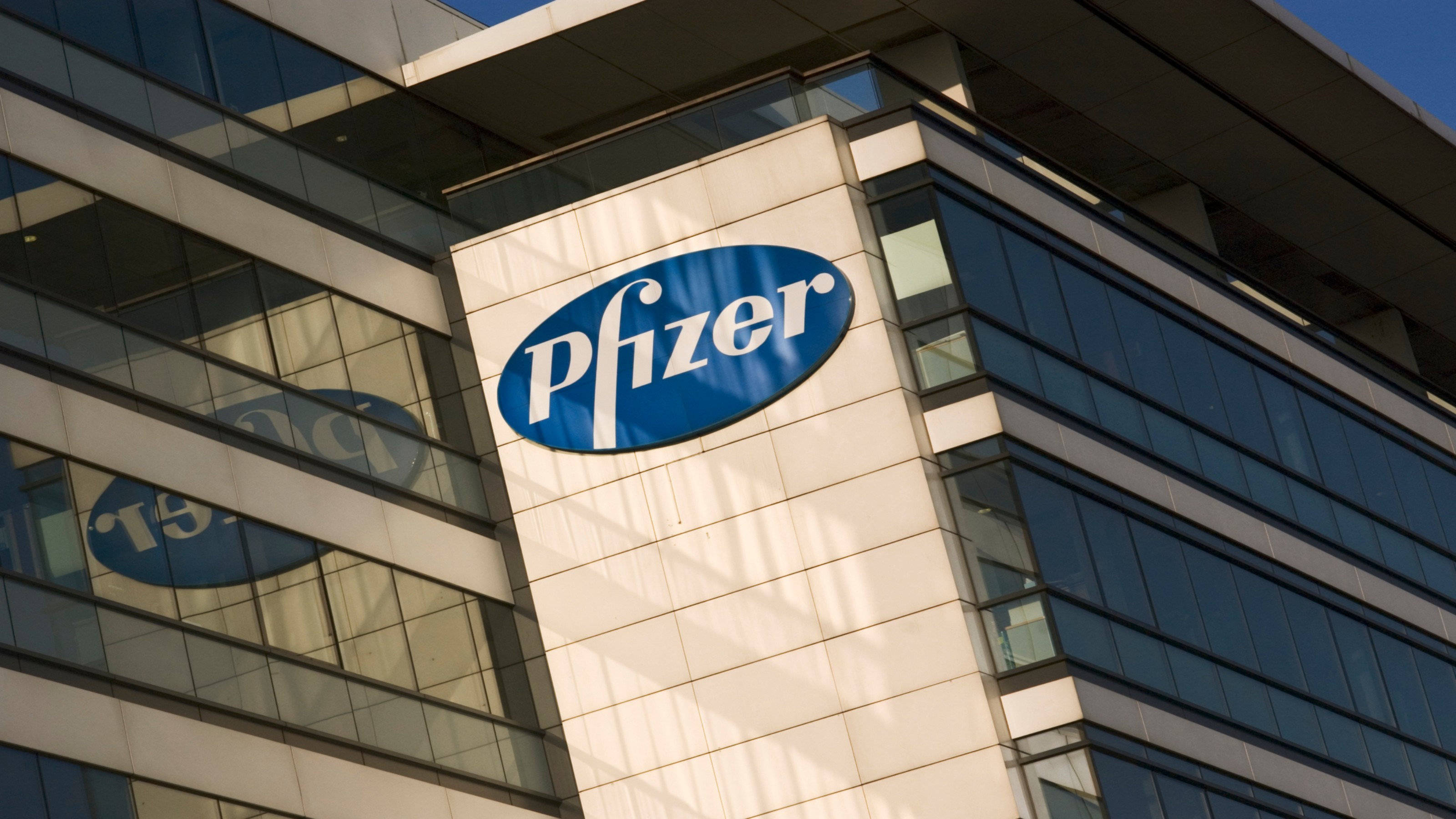
Pfizer
- Market value: $197.8 billion
- Dividend yield: 4.22%
- Analysts' average recommendation: 2.22 (Buy)
Pfizer (PFE, $35.60) remains deep in the red for the year-to-date, but lately it has shown signs of life. Shares are up nearly 7% over the past month thanks in part to good news from the U.S. Food and Drug Administration.
The FDA on July 13 granted PFE and smaller BioNTech (BNTX) a Fast Track designation for a pair of COVID-19 vaccine candidates that the companies are developing.
For the year-to-date, however, the stock is off 9%, which lags the S&P 500 by about 10 percentage points. If there's a silver lining to the share-price weakness, it's that it has lifted the yield on PFE's dividend above 4%, putting it among the top-yielding Dow dividend stocks at the moment.
Value investors just might want to take a closer look at the name. Argus Research, which rates PFE at Buy, says the pharmaceutical giant should enjoy "stronger top-line growth" in 2021. Although COVID-19 is depressing current business, Argus expects a rebound in the second half of the year and beyond, led by drugs such as Ibrance, Eliquis and Xeljanz.
As for its price, Pfizer looks "favorably valued," Argus says, trading at 11 times its 2021 earnings estimate.
Mizuho equity research (Buy) also cites PFE’s attractive valuation. It also favors Pfizer’s ample dividend yield and says the company’s drug pipeline is underappreciated by the market.
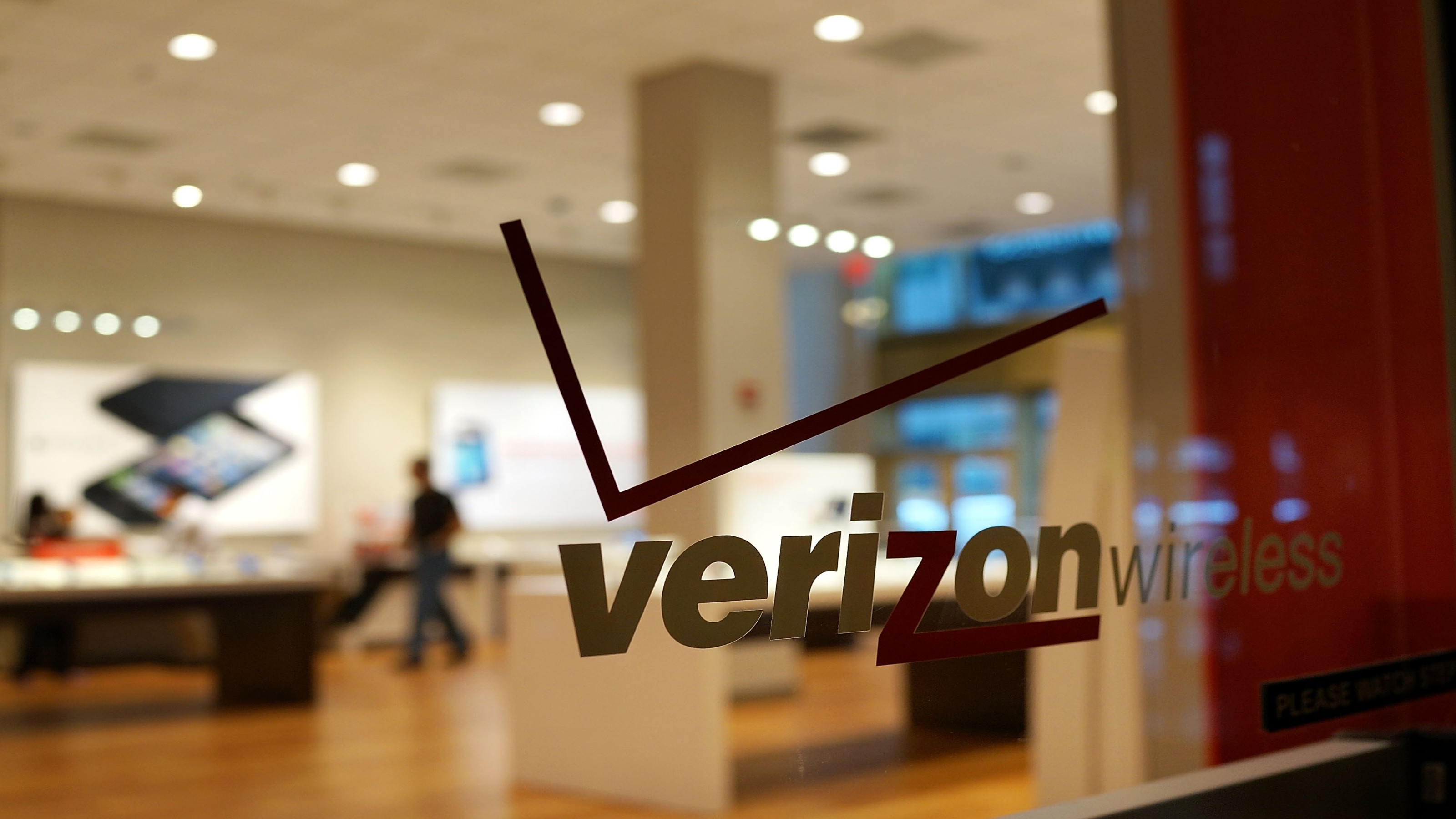
Verizon
- Market value: $230.8 billion
- Dividend yield: 4.37%
- Analysts' average recommendation: 2.52 (Hold)
Analysts are split on Verizon (VZ, $55.78), the only telecommunications company among the 30 Dow stocks. But a generous dividend yield and reasonably bright outlook surely help the bull case even if analysts are skeptical about the outlook for price appreciation.
The main theme is that the lockdown and work-from-home environment have been good for communications companies. And that has helped lift sentiment on a name that faces stiff competition.
"We think Verizon is well positioned in the context of today's socio-economic backdrop given that mobile communications and broadband are essential services for most consumers, and increasingly so, and thus should see durable performance," writes Credit Suisse, which ranks the stock at Hold.
Stepping up to the moment, Verizon recently took aim at Zoom Video Communications (ZM) by acquiring video conferencing company BlueJeans for about $500 million. However, at least one analyst panned the deal. KeyBanc, which rates VZ at Sector Perform (Hold), says BlueJeans is "a second tier type of service" and that telecoms “are where applications go to die."
Out of 27 analysts covering VZ tracked by S&P Capital IQ, five rate the stock at Strong Buy, three say Buy and 19 call it a Hold. Shares are down about 10% so far in 2020.
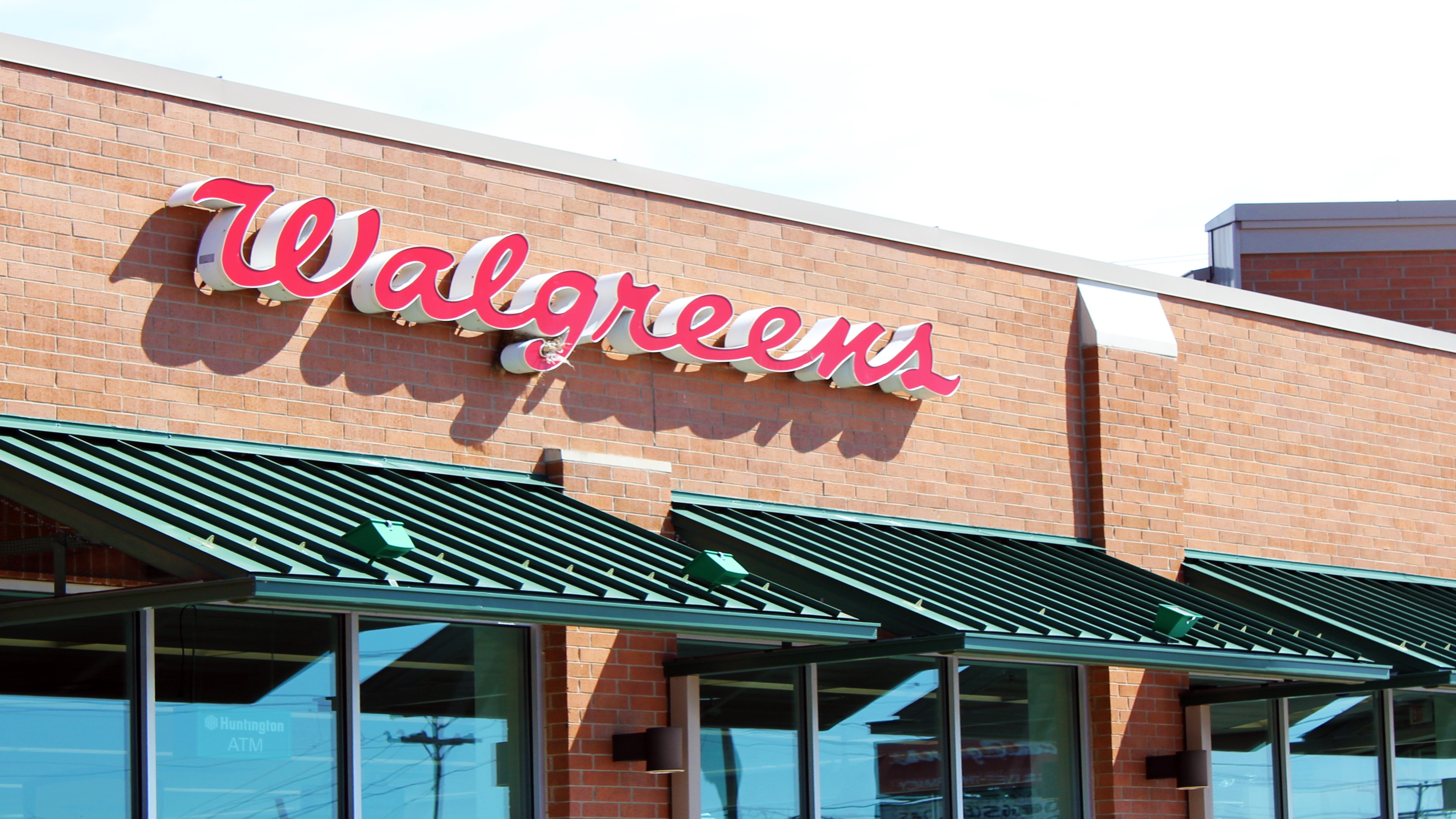
Walgreens Boots Alliance
- Market value: $35.8 billion
- Dividend yield: 4.52%
- Analysts' average recommendation: 3.31 (Hold)
Walgreens Boots Alliance's (WBA, $41.35) sluggish revenue growth has analysts sitting firmly on the fence even with a relative whopper of a dividend.
In a sign of how sour the market is on the name, WBA is down almost 30% this year. And that has the dividend yield sitting near record levels. Prior to March it had never broken above 4%.
COVID-19 has benefitted a number of retailers in the consumer staples industry, but interestingly enough, not WBA, which is hampered by demand for its less profitable products.
The largest U.S. pharmacy chain is forecast to post a sales gain of just 1.7% this year, according to data from S&P Capital IQ. And fiscal 2020 earnings are expected to fall to $5.48 per share from $5.99 last year. Next year doesn't look great, either. Revenue is projected to rise only 3% in 2021.
Cowen rates the stock at Market Perform (the equivalent of Hold), saying that although WBA looks oversold in the near term, it remains unconvinced by management's long-term strategy. UBS rates the stock at Neutral (Hold), citing gross margin pressure.
Currently, 23 analysts tracked by S&P Capital IQ cover WBA shares. Only one calls it a Buy, versus 19 Holds, two Sells and one Strong Sell.

International Business Machines
- Market value: $110.1 billion
- Dividend yield: 5.23%
- Analysts' average recommendation: 2.78 (Hold)
International Business Machines (IBM, $124.01) is another blue-chip Dow dividend stock with an unusually elevated yield. A share price that's down almost 20% over the past three years is partly to blame.
The Street was optimistic about the incoming CEO – Arvind Krishna succeeded Ginni Rometty in early April – but that was before the global economy came to a standstill.
"We expect revenues to remain pressured during the COVID-19 pandemic given IBM's exposure to large enterprises including travel, hospitality, retail etc.," writes Citigroup, which rates the stock at Neutral (Hold).
Citi also expects to see a very slow demand recovery in 2021. And since IBM has to be careful with its cash, "the lack of IBM (stock buybacks) for the next two years no longer presents valuation support."
On the other side of the trade, Stifel rates shares at Buy: "The 5.5% dividend yield and stable free cash flow should be sufficient to support the current stock price and creates an interesting opportunity for value/income oriented investors looking for a defensive stock with potential catalysts."
Two analysts give shares a Strong Buy rating and one says they're a Buy. The majority of 14 analysts call IBM a Hold, and one slaps a Sell recommendation on the stock.
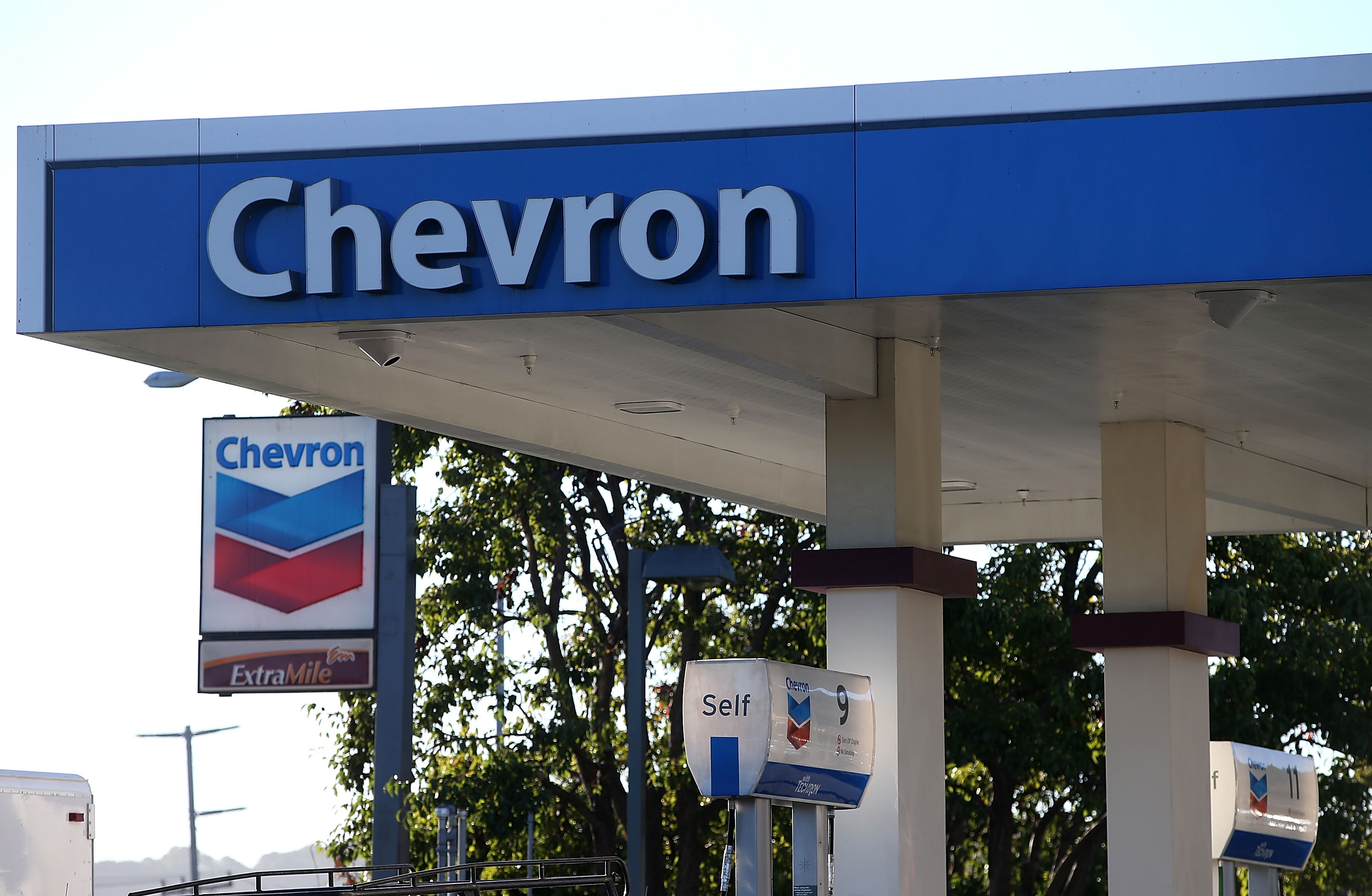
Chevron
- Market value: $165 billion
- Dividend yield: 5.88%
- Analysts' average recommendation: 2.04 (Buy)
Analysts really like Chevron (CVX, $88.36) these days. The integrated oil and gas company gets eight Strong Buy calls and nine Buys vs. seven Holds and one Sell. Sure, the stock is down 15% for the year-to-date, but the bulls say the selloff is overdone.
Indeed, the stock is up nearly 65% since the market bottomed out in March.
Like the rest of the oil and gas industry, Chevron has been forced to double down on capital spending cuts and other cost savings as it grapples with ultra-low energy prices.
Credit Suisse, which rates CVX at Buy, says investors can take comfort in the company's solid financial footing. "(CVX) ended the first quarter with $31 billion in liquidity (about $9 billion cash) with a very manageable 2020-21 debt maturities," Credit Suisse’s analysts write.
Furthermore, the company expects to realize $1 billion in cost savings in 2020, CS notes.
UBS, which rates the stock at Neutral, says Chevron’s share-price strength is due to its "leading reputation for capital discipline and the highly resilient, yet flexible financial model that CVX is running."
Goldman Sachs, which rates Chevron at Buy, echoes the above sentiments, applauding the company's capital discipline and second-quarter asset sales.

Exxon Mobil
- Market value: $187.2 billion
- Dividend yield: 7.96%
- Analysts' average recommendation: 2.92 (Hold)
Analysts are much more cautious about the Dow's other energy giant. Exxon Mobil (XOM, $44.28) has lost more than 35% for the year-to-date, lifting the dividend yield to eye-popping levels – and analysts still mostly won't bite.
Low energy prices are sapping profit margins across the board, from oil and natural gas to chemicals and refining. That's taking a big bite out of the bottom line. Exxon is projected to report a net loss of 86 cents a share this year, vs. net income of $3.36 in 2019. Analysts also expect revenues to retreat by 3.5% year-over-year.
Some analysts are concerned about Exxon's balance sheet. Goldman Sachs, which calls the stock a Sell, flags the potential for mounting debt. "Shares are expensive on valuation, relative to U.S. majors, as well as see free-cash-flow generation," Goldman adds.
Anytime a stock like Exxon has a dividend yield this sky-high, investors should worry about its sustainability. CEO Darren Woods has said that Exxon's dividend, which has grown for 37 consecutive years, is a high priority … for now. "If we haven't seen a recovery next year, you know it will be a different environment that we're in," he says.
To be fair, the stock has staged a remarkable rebound from the market's March bottom, rising more than 40%.
Still, just three analysts polled by S&P Capital IQ rate XOM stock at Strong Buy. Meanwhile, zero call it a Buy, 17 say Hold and four have it at Sell.
Profit and prosper with the best of Kiplinger's advice on investing, taxes, retirement, personal finance and much more. Delivered daily. Enter your email in the box and click Sign Me Up.

Dan Burrows is Kiplinger's senior investing writer, having joined the publication full time in 2016.
A long-time financial journalist, Dan is a veteran of MarketWatch, CBS MoneyWatch, SmartMoney, InvestorPlace, DailyFinance and other tier 1 national publications. He has written for The Wall Street Journal, Bloomberg and Consumer Reports and his stories have appeared in the New York Daily News, the San Jose Mercury News and Investor's Business Daily, among many other outlets. As a senior writer at AOL's DailyFinance, Dan reported market news from the floor of the New York Stock Exchange.
Once upon a time – before his days as a financial reporter and assistant financial editor at legendary fashion trade paper Women's Wear Daily – Dan worked for Spy magazine, scribbled away at Time Inc. and contributed to Maxim magazine back when lad mags were a thing. He's also written for Esquire magazine's Dubious Achievements Awards.
In his current role at Kiplinger, Dan writes about markets and macroeconomics.
Dan holds a bachelor's degree from Oberlin College and a master's degree from Columbia University.
Disclosure: Dan does not trade individual stocks or securities. He is eternally long the U.S equity market, primarily through tax-advantaged accounts.
-
 The New Reality for Entertainment
The New Reality for EntertainmentThe Kiplinger Letter The entertainment industry is shifting as movie and TV companies face fierce competition, fight for attention and cope with artificial intelligence.
-
 Stocks Sink With Alphabet, Bitcoin: Stock Market Today
Stocks Sink With Alphabet, Bitcoin: Stock Market TodayA dismal round of jobs data did little to lift sentiment on Thursday.
-
 Betting on Super Bowl 2026? New IRS Tax Changes Could Cost You
Betting on Super Bowl 2026? New IRS Tax Changes Could Cost YouTaxable Income When Super Bowl LX hype fades, some fans may be surprised to learn that sports betting tax rules have shifted.
-
 Stocks Sink With Alphabet, Bitcoin: Stock Market Today
Stocks Sink With Alphabet, Bitcoin: Stock Market TodayA dismal round of jobs data did little to lift sentiment on Thursday.
-
 Dow Leads in Mixed Session on Amgen Earnings: Stock Market Today
Dow Leads in Mixed Session on Amgen Earnings: Stock Market TodayThe rest of Wall Street struggled as Advanced Micro Devices earnings caused a chip-stock sell-off.
-
 Nasdaq Slides 1.4% on Big Tech Questions: Stock Market Today
Nasdaq Slides 1.4% on Big Tech Questions: Stock Market TodayPalantir Technologies proves at least one publicly traded company can spend a lot of money on AI and make a lot of money on AI.
-
 Fed Vibes Lift Stocks, Dow Up 515 Points: Stock Market Today
Fed Vibes Lift Stocks, Dow Up 515 Points: Stock Market TodayIncoming economic data, including the January jobs report, has been delayed again by another federal government shutdown.
-
 Stocks Close Down as Gold, Silver Spiral: Stock Market Today
Stocks Close Down as Gold, Silver Spiral: Stock Market TodayA "long-overdue correction" temporarily halted a massive rally in gold and silver, while the Dow took a hit from negative reactions to blue-chip earnings.
-
 If You'd Put $1,000 Into AMD Stock 20 Years Ago, Here's What You'd Have Today
If You'd Put $1,000 Into AMD Stock 20 Years Ago, Here's What You'd Have TodayAdvanced Micro Devices stock is soaring thanks to AI, but as a buy-and-hold bet, it's been a market laggard.
-
 Nasdaq Drops 172 Points on MSFT AI Spend: Stock Market Today
Nasdaq Drops 172 Points on MSFT AI Spend: Stock Market TodayMicrosoft, Meta Platforms and a mid-cap energy stock have a lot to say about the state of the AI revolution today.
-
 S&P 500 Tops 7,000, Fed Pauses Rate Cuts: Stock Market Today
S&P 500 Tops 7,000, Fed Pauses Rate Cuts: Stock Market TodayInvestors, traders and speculators will probably have to wait until after Jerome Powell steps down for the next Fed rate cut.
